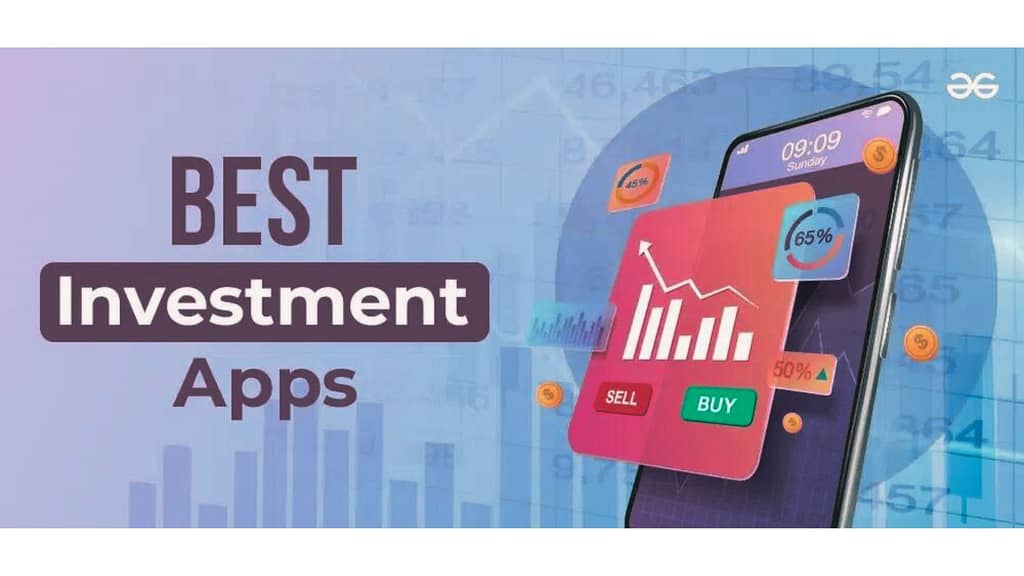Budgeting is the basis of good financial health, but sometimes traditional budgeting methods can be stifling and time-consuming. Fortunately, there are many frugality tips that can help you take control of your money without feeling overwhelmed.
Whether you want to automate your savings, reduce your grocery bills or maximize your cash back rewards, this definitive guide has everything you need for success.
Automate Your Finances
Automating your finances does not only ensure that the budget is being followed but also save you from having to monitor the accounts all the time. Every pay day, schedule an automatic transfer into savings account as well as retirement and investment accounts.
Also set up bill-pay service for recurring expenses such as rent or mortgage payment; utility bills like gas/electricity bill; and cable TV subscription fee among others. This way, those important payments will never be late again and it frees up some precious moments which can be spent on other aspects of life.
Envelope Budgeting System
The envelope system is a simple method that helps prevent overspending in certain categories by allocating cash into envelopes. Common categories include groceries, eating out/entertainment and transportation among others.
When the money runs out from an envelope labeled under particular category e.g., dining out – do not spend any more until next month! This visualizes how much one spends relative to his/her goals thereby prioritizing spending based on them.
Zero-Based Budgeting
This technique refers to a budget where every dollar earned must have specific purpose by end of month (zero-based). List down all sources of income then allocate funds towards necessary expenses like housing costs; food allowance; car fuel etcetera leaving no single dollar unallocated so that none goes waste unnecessarily!
Afterwards amount should go into saving account or used repay outstanding debts but none should remain idle since even small amounts add up over time if properly managed. By giving each dollar a task, wasteful spending is eliminated while still making strides towards achieving desired financial objectives.
Meal Planning & Batch Cooking
Many households spend large sums of money on groceries but there’s an easy way out – meal planning and batch cooking. At beginning every week plan what meals will be eaten in days ahead then make shopping list based on required ingredients only looking for discounts where possible.
Once these ingredients are available, cook all or most of them at once such that one end up with individual servings which can be stored away safely in freezer until needed saving both cash and time!
Home and car maintenance is costly but learning how to do basic tasks can save you a lot of money in the long-term. Buy a basic toolkit and learn things like changing oil, replacing air filters, fixing leaky faucets or patching small holes in walls.
There are so many tutorials online which can teach you these skills. You’ll not only save on repairs but also get satisfaction from taking care of household chores yourself.
Renting vs Buying
Items such as textbooks, tools and recreational equipment might be worth considering whether it’s better off renting or buying them. Renting could be cheaper for stuff that you will use occasionally or temporarily. Look out for rental services near where you live or ask around if someone can lend it to you.
On the other hand, if it is going to be used often or for an extended period then purchasing might make more sense financially speaking. Consider cost of ownerships like maintenance costs and resale values when making up your mind about this matter.
Subscription Auditing
Subscription services have a way of eating into your budget without notice hence it is important for one to conduct subscriptions audit regularly so as identify any service that may not need anymore or stopped using. These can range from streaming services; gym membership fees; magazine subscriptions among others.
By canceling such unused /unnecessary subscribers every month frees up some significant amount of money towards other financial goals which may seem important at some point in time.
Bulk Buying & Meal Prep
Buying groceries in bulk together with meal prepping helps save both time and money spent on food items. Non-perishables e.g., rice,pasta,canned goods etc should be bought at once due to bulk discounts offered while household essentials like toilet paper ; cleaning agents should also be considered for purchase during this same period . Warehouse clubs such as Costco; Sam’s Club etc provide even more savings opportunities through their large quantities sold per unit.
Once all necessary supplies have been stocked up on ; spend some hours meal prepping your week’s worth of ready-to-eat dishes . This will not only save money spent on takeout or dining out but also free up time during busy weekdays when cooking can become a hassle .
Tracking Expenses with Apps
Monitoring one’s expenditure remains crucial in keeping to the budget and identifying areas for possible cutbacks. There are numerous budgeting apps or tools available which help track spending , set financial goals as well as provide means of being accountable.
Majority of these applications sync with bank accounts /credit cards thereby automatically sorting transactions into different categories thus revealing spending habits . Look out for apps that allow customization of budgets so as to suit individual needs ; offer bill reminders coupled with spending analytics amongst other features aimed at enabling someone stay focused on their financial targets.
Frequently Asked Questions
What is envelope budgeting method and how does it work?
This involves physically allocating cash into envelopes for various spendings areas so as to ensure you don’t overspend. Once money from each envelope runs out then no more expenditure should be made under that particular category until next budgeting cycle begins.
How can I streamline my finances in order save time while ensuring timely payment bills?
By setting up automatic transfers towards savings, retirement fund accounts as well utilizing online banking tools which allow scheduling recurring payments associated with monthly bills or even yearly expenses.
Which strategies are most effective when it comes maximizing cashback rewards programs?
In order to prevent credit card interest charges, don’t spend beyond your means. Furthermore, look into cashback apps and credit cards that offer rewards in categories where you commonly spend the most.
How can I save money on groceries and reduce food waste by planning my meals?
To save money on groceries while reducing food waste, plan your meals for the week ahead. This should be done alongside creating a shopping list based on the ingredients needed then cooking a couple of bulk meals during weekends.
What is zero-based budgeting and how does it help with personal finance management?
Zero-based budgeting helps individuals take control over their finances by ensuring every dollar earned is allocated towards a specific expense or savings goal. This implies that no single cent will remain unaccounted for which enables prioritization of spending as well as realization of financial objectives.
Should I learn any DIY car or home maintenance tasks to cut down repair costs?
Certainly! Learning basic home maintenance skills such as changing oil filters could save you lots of dollars spent on repairs.
Conclusion
Budgeting is not hard and it should not limit you. Incorporating these budgeting shortcuts into your financial system can help you save money, take charge of your finances and meet your monetary objectives.
There’s a financial plan trick for everything; from automating bill payments to meal prepping or cooking in batches for the week, as well as earning cashback on every purchase among others. Include these approaches in your personal budget today and witness great improvements in your long-term financial wellbeing.




